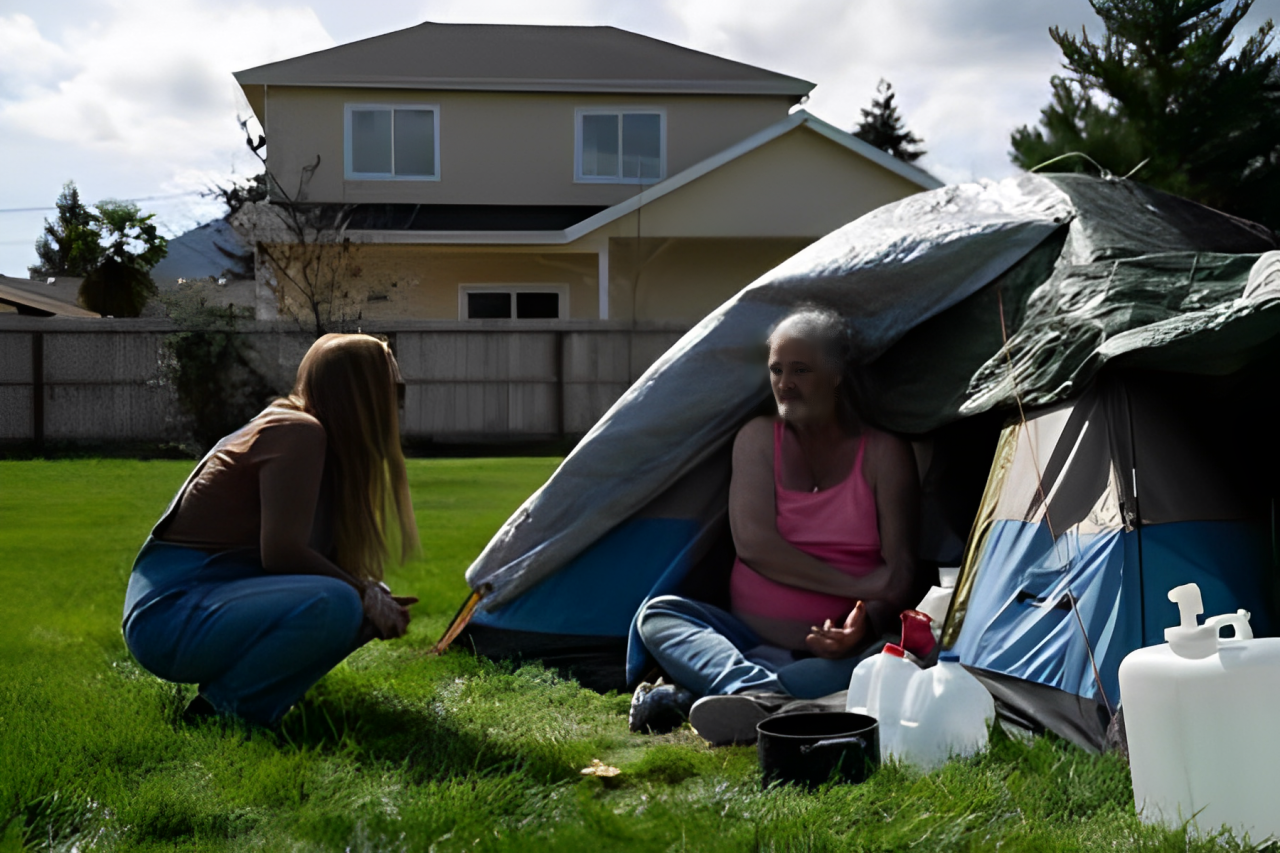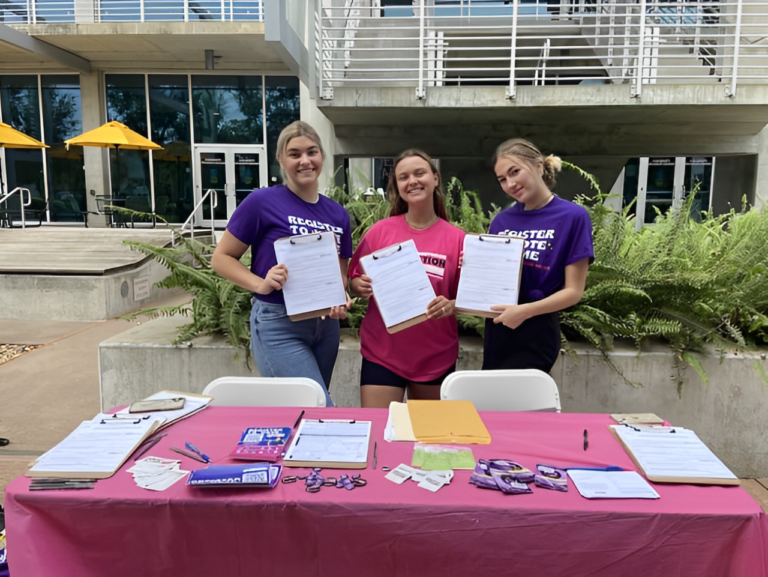The U.S. Supreme Court’s recent decision to uphold Florida’s restrictions on public sleeping for homeless individuals has ignited widespread debate on housing rights and social justice. Effective October 1st, Florida’s House Bill 1365 empowers local municipalities to enforce bans on sleeping in public spaces, excluding designated homeless camps.
The ruling has drawn sharp criticism from advocates for the homeless, who argue that it exacerbates Florida’s already severe affordable housing crisis. Eric Gray, executive director of the Christian Service Center for Central Florida, emphasized that homelessness should be addressed with compassion and support rather than punitive measures.
He highlighted that many homeless individuals are employed and facing temporary setbacks, underscoring the need for comprehensive social services and affordable housing solutions.
Opponents of the law contend that it criminalizes poverty and disproportionately affects marginalized communities. Jackie Ebert, systems operations director of the Homeless Services Network of Central Florida, pointed out that a significant portion of the homeless population includes individuals with mental health issues or substance use disorders who require supportive housing options rather than punitive measures.
In a 6-3 decision, the predominantly conservative Supreme Court justified the ruling by stating that regulations penalizing public sleeping do not constitute “cruel and unusual punishment,” thereby affirming local governments’ authority to regulate public spaces. This decision has reignited debates over civil liberties and the balance between public safety concerns and constitutional protections.
Also Read:
New Law Allows Residents to Defend Themselves by Killing Threatening Bears!
Warning: Dangerous Dengue Outbreak is spreading in Texas!
NY and NJ Storms Hurt One Person Seriously, Close Several Roads, and Leave Thousands without Power!
Despite legal challenges and protests from civil rights groups, including arguments that such laws criminalize homelessness rather than address its root causes, Florida cities are preparing to enforce these new regulations. The implications for homeless individuals, already vulnerable and facing systemic barriers, remain a contentious issue as communities grapple with the intersection of poverty, housing policy, and civil rights.







+ There are no comments
Add yours